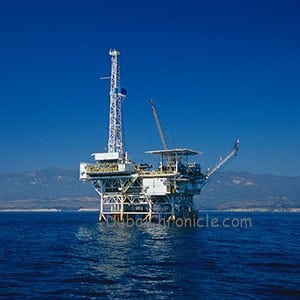
Iran’s proposed increase in oil production would enter the market gradually after sanctions end and won’t pressure prices, the Iranian Oil Ministry’s Shana news agency said on Saturday.
Iran has the potential to boost its oil production by 500,000 barrels a day within a week of sanctions being lifted, and by 1 million barrels shortly after, Shana said, citing Seyyid Mohsen Ghamsari, the head of international affairs at National Iranian Oil Co. How much of it enters the market will depend on market conditions, Ghamsari said.
Brent crude slid 34 percent over the past year as the Organization of Petroleum Exporting Countries increased its output in the face of already rising global stockpiles. Saudi Arabia, the world’s largest crude exporter, has led the group in fighting for market share against higher-cost producers such as shale drillers in the U.S. OPEC set aside its output target of 30 million barrels a day at its meeting in Vienna last month.
United Nations nuclear monitors in December ended their 12-year probe of Iran’s research into atomic-weapon technologies, moving the country a major step closer to relief from sanctions. Iranian oil companies and banks may be able to return to international markets by mid-January, based on the pace at which the nation is disabling nuclear infrastructure.
Iran sees crude markets oversupplied by 2.5 million to 3 million barrels per day, and its efforts to restore the country’s market share have to take that dynamic into consideration, Ghamsari said. Amid the glut, he said the country can increase exports either through a “price war” or by finding new customers. Ghamsari provided examples for the second method.
Increasing demand from India and China creates an opportunity for Iran, Ghamsari said. Acquiring refineries abroad can also help increase exports, while more aggressive measures are also being considered, he added.
“There is no reason why Iran should be importing so many products from South Korea when it shows reluctance in buying Iran’s crude oil,” Ghamsari said. “The volume of Iran’s exports to that country is not in proportion with imports from that country. The Central Bank of Iran can exercise control on this.”



































